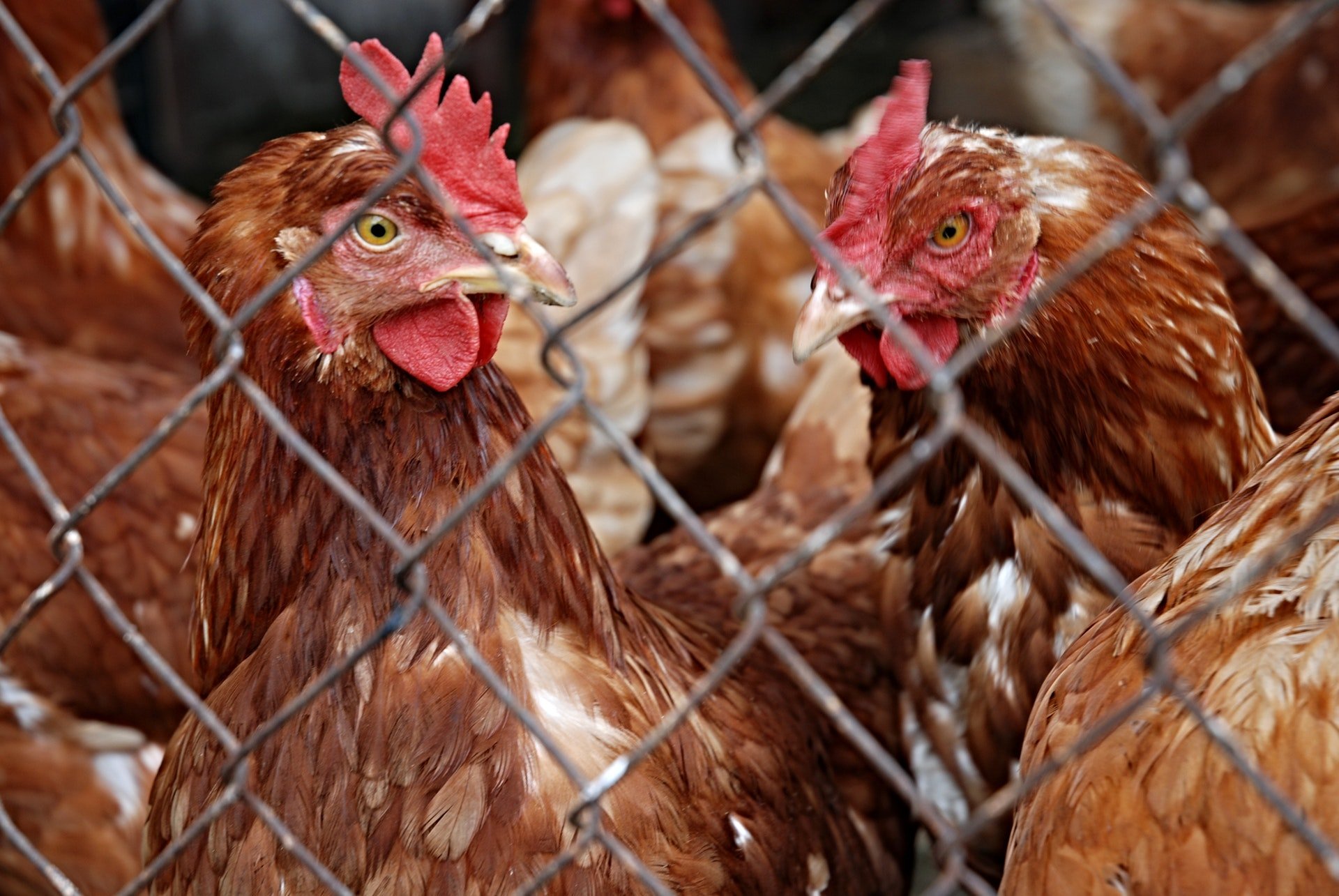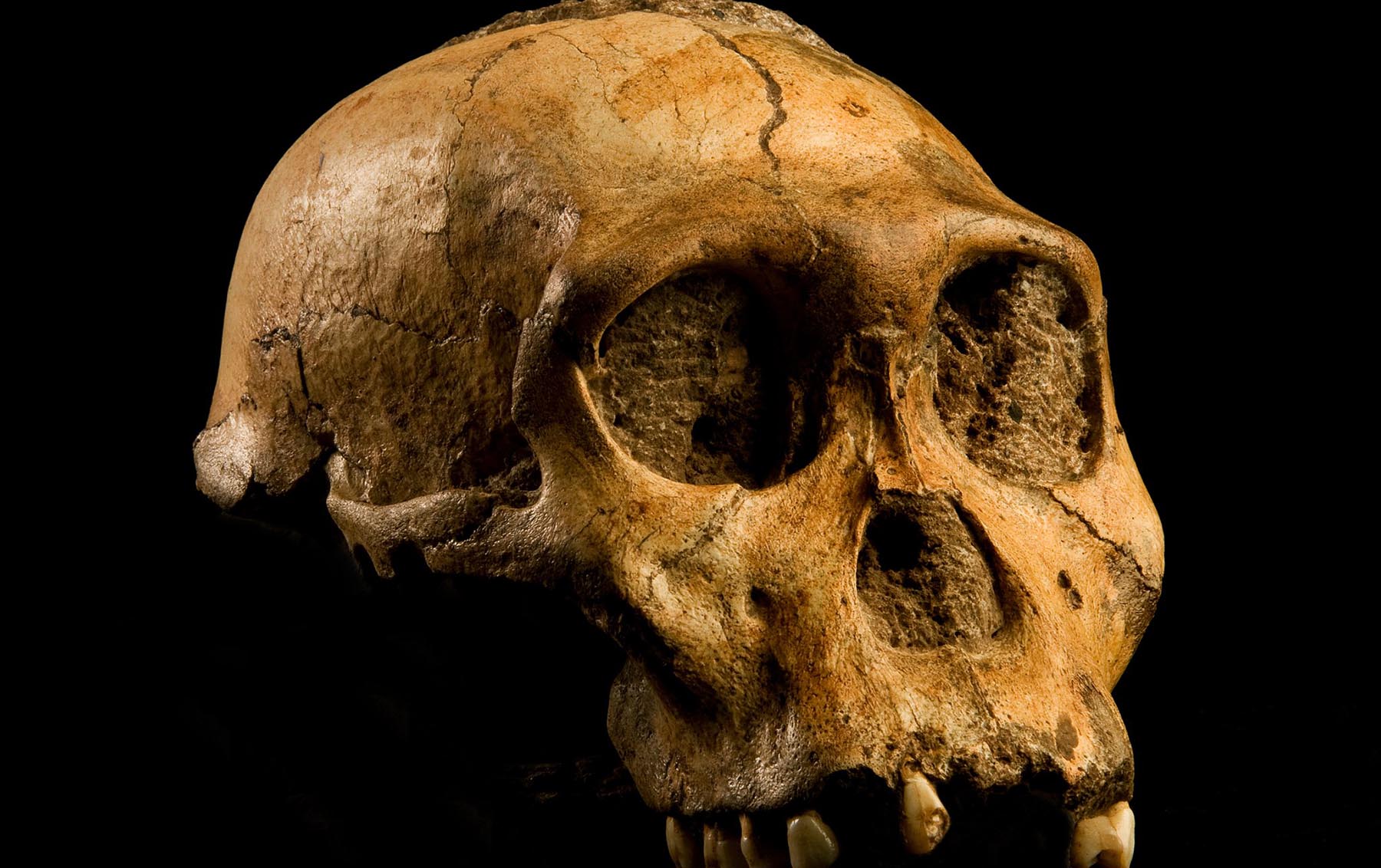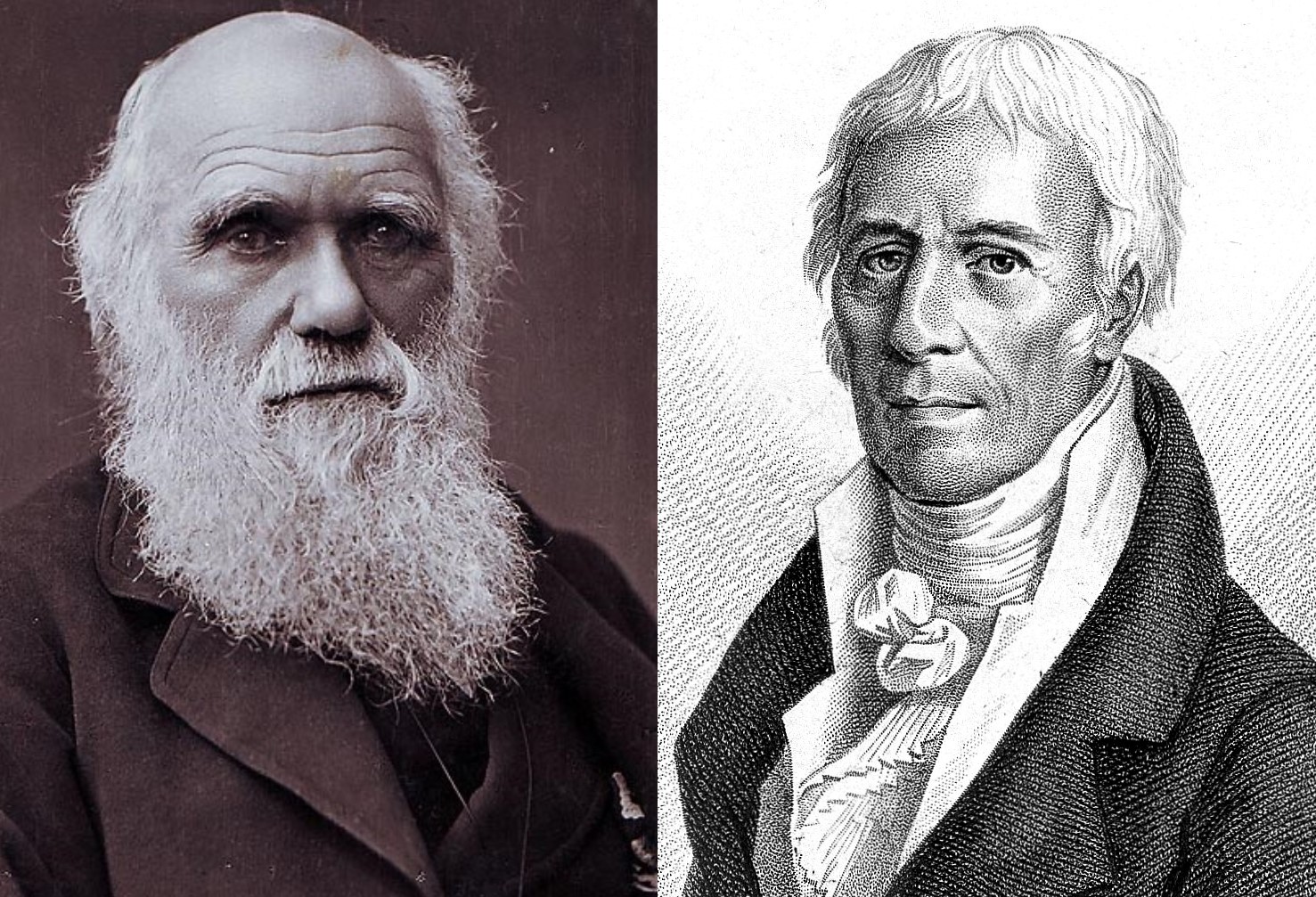Foldable, organic and easily broken down: Why DNA is the material of choice for nanorobots
Only in cancer medicine do we aim to attack and kill legions of our own cells. But healthy bystander cells often get caught in deadly crossfire, which is why cancer treatments can cause severe side effects in patients. Doctors know that we need smarter medicines to target the bad guys only. One hope is that … Read more





